Lien
Learn how liens impact real estate transactions in Canada, how to identify and discharge them, and why they must be resolved before a sale.

May 22, 2025
What is a Lien?
A lien is a legal claim or charge placed on a property by a creditor, giving them the right to enforce payment by seizing or selling the property if debts remain unpaid.
Why Liens Matter in Real Estate
In Canadian real estate, liens affect a property’s title and must be cleared before it can be sold or refinanced. Types of liens include:- Mortgage liens (from lenders)
- Tax liens (from unpaid municipal or federal taxes)
- Construction liens (from unpaid contractors or suppliers)
- Court-ordered liens (resulting from legal judgments)
A lien stays with the property—not the owner—and will be discovered during a title search. Buyers should never close on a home with an unresolved lien, and sellers must arrange for lien discharge prior to transfer of ownership.
Liens can complicate refinancing, delay closings, or result in forced sales. In some cases, lenders may allow a lien to be paid out from closing proceeds.
Understanding liens is essential for buyers, sellers, and lenders to ensure clean title and avoid legal entanglements.
Example of a Lien
A homeowner selling their property must pay off a $12,000 construction lien before the buyer’s lawyer will complete the title transfer.
Key Takeaways
- Legal claim tied to unpaid debts.
- Can come from lenders, contractors, or courts.
- Blocks sale or refinance until resolved.
- Found via title search.
- Must be discharged for clean ownership.
Related Terms
- Title Search
- Encumbrance
- Mortgage
- Property Tax Arrears
- Lien Discharge


 Christine Boyle and Gregor Robertson. (Government of British Columbia)
Christine Boyle and Gregor Robertson. (Government of British Columbia)
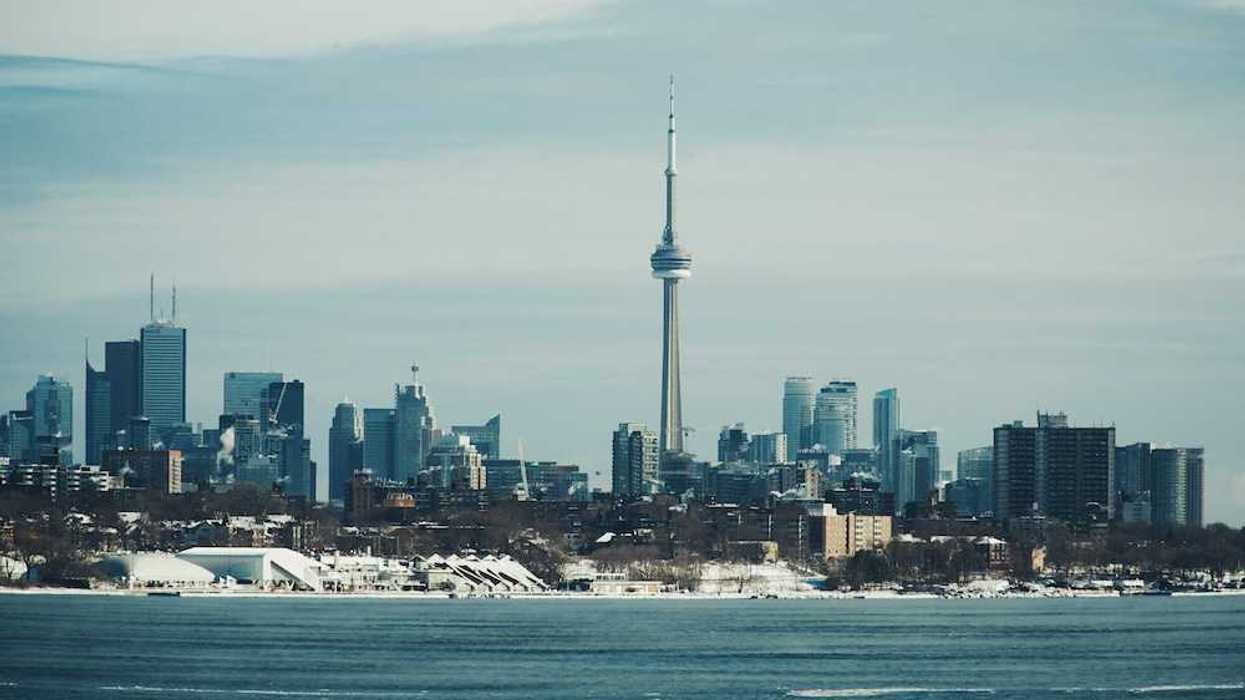






 CREA
CREA
 Liam Gill is a lawyer and tech entrepreneur who consults with Torontonians looking to convert under-densified properties. (More Neighbours Toronto)
Liam Gill is a lawyer and tech entrepreneur who consults with Torontonians looking to convert under-densified properties. (More Neighbours Toronto)
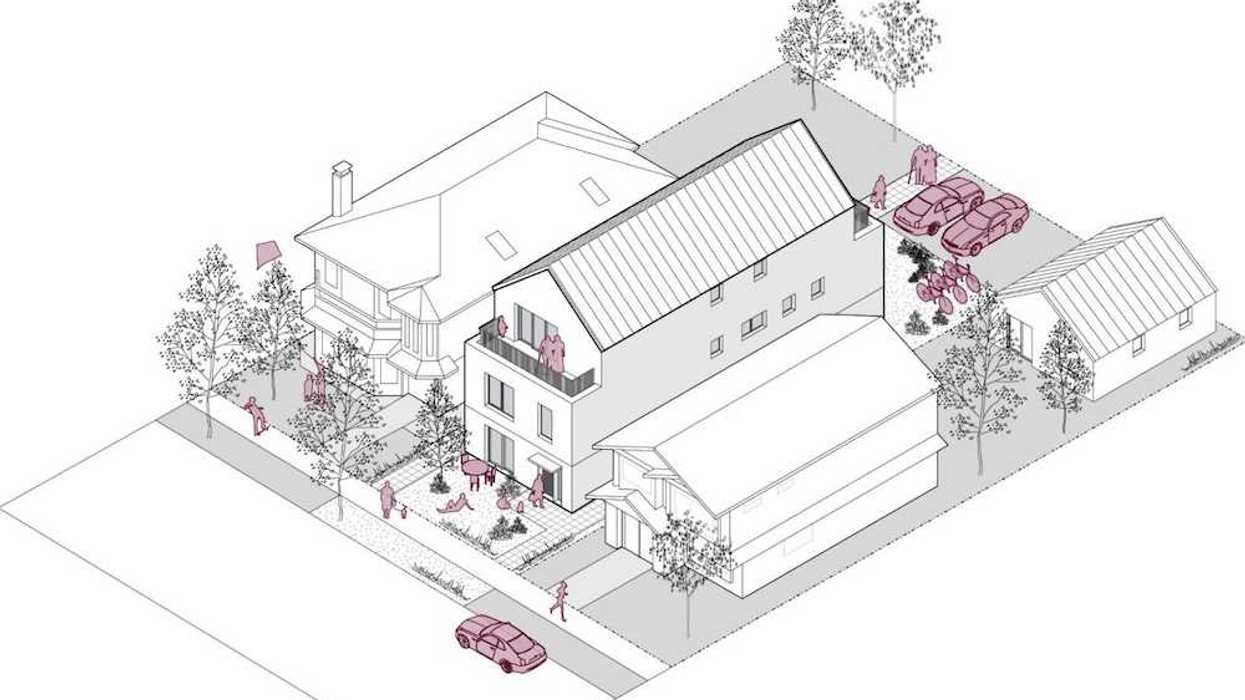
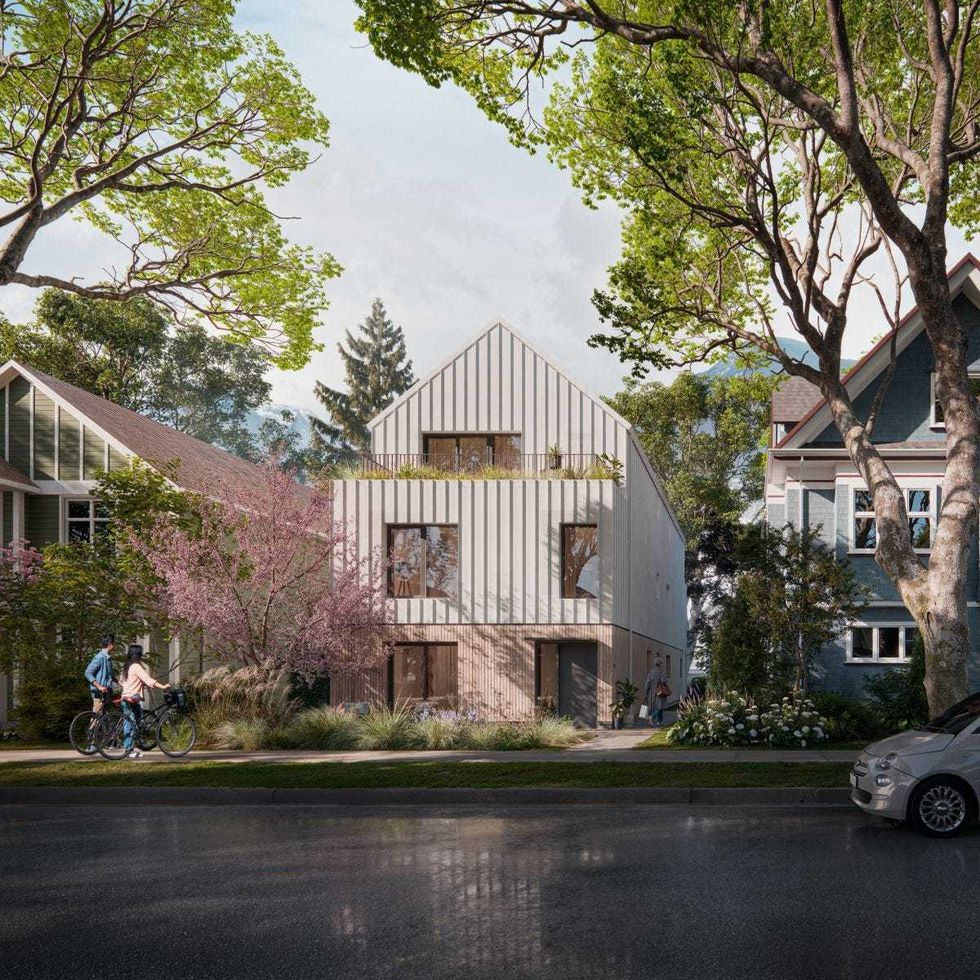 A rendering of the “BC Fourplex 01” concept from the Housing Design Catalogue. (CMHC)
A rendering of the “BC Fourplex 01” concept from the Housing Design Catalogue. (CMHC)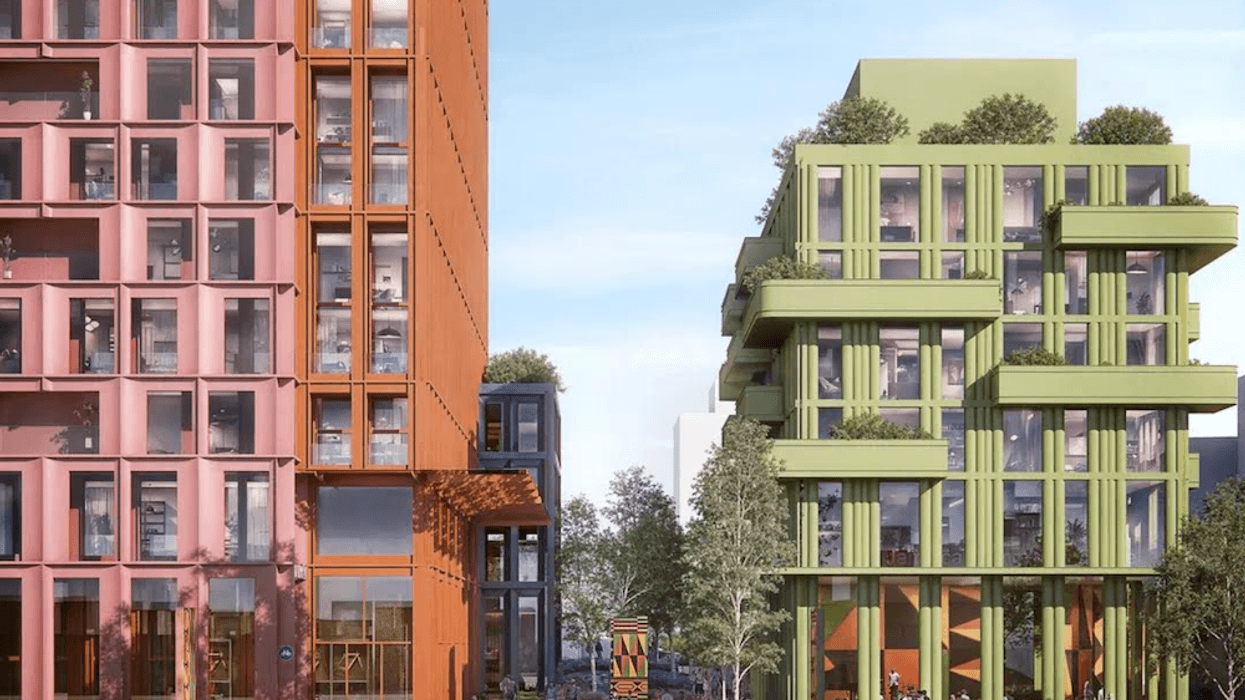
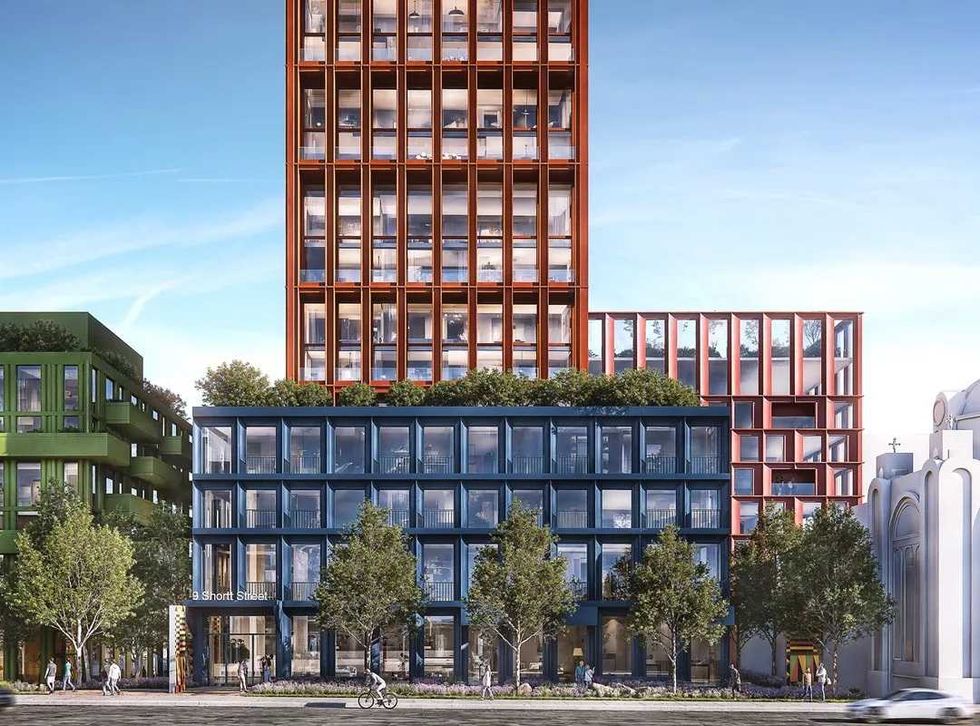 Rendering of 9 Shortt Street/CreateTO, Montgomery Sisam
Rendering of 9 Shortt Street/CreateTO, Montgomery Sisam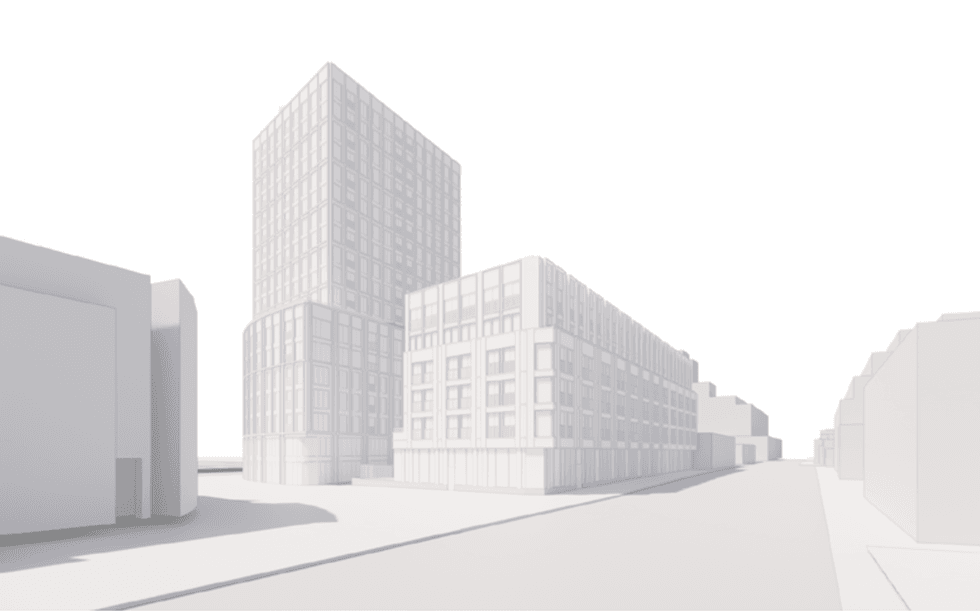 Rendering of 1631 Queen Street/CreateTO, SVN Architects & Planners, Two Row Architect
Rendering of 1631 Queen Street/CreateTO, SVN Architects & Planners, Two Row Architect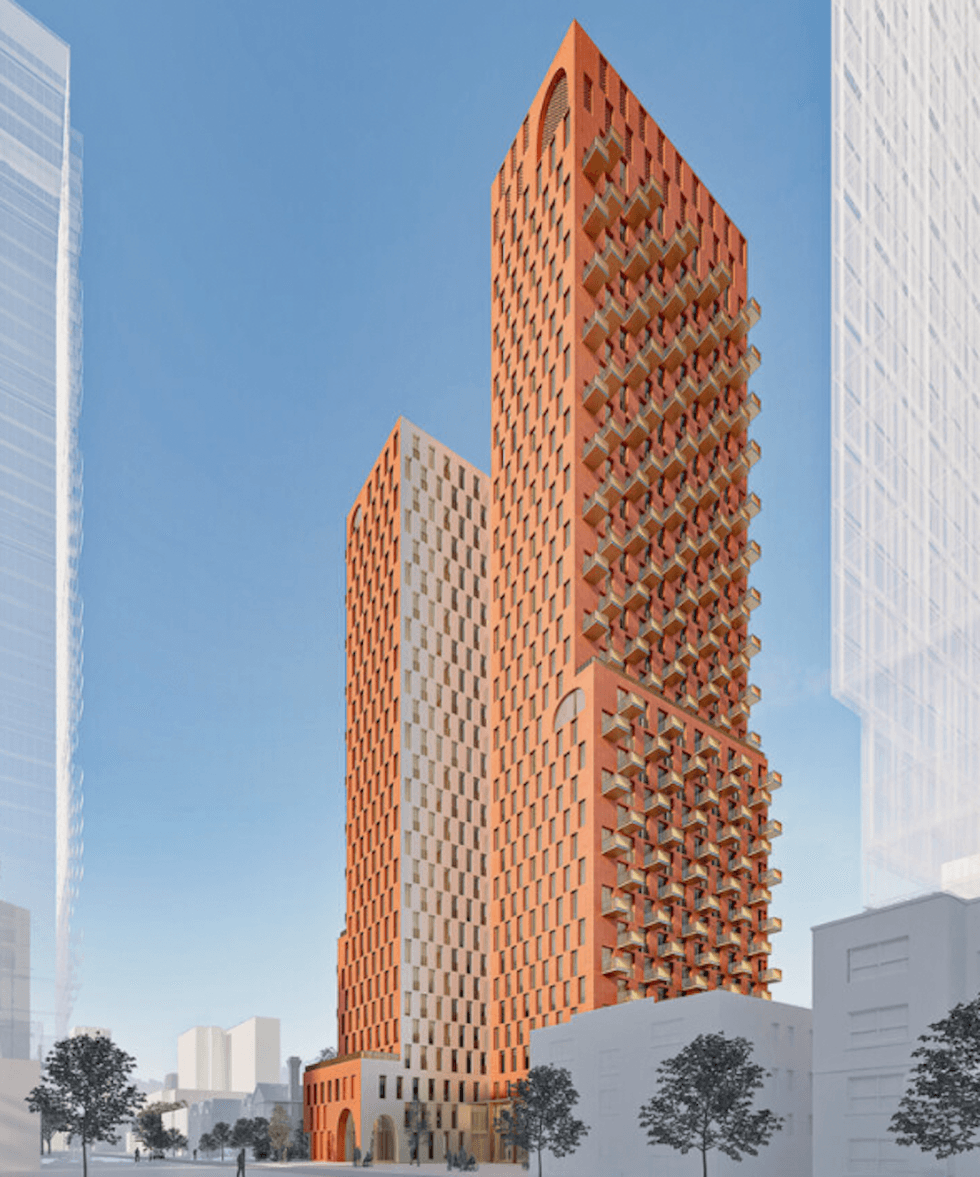 Rendering of 405 Sherbourne Street/Toronto Community Housing, Alison Brooks Architects, architectsAlliance
Rendering of 405 Sherbourne Street/Toronto Community Housing, Alison Brooks Architects, architectsAlliance